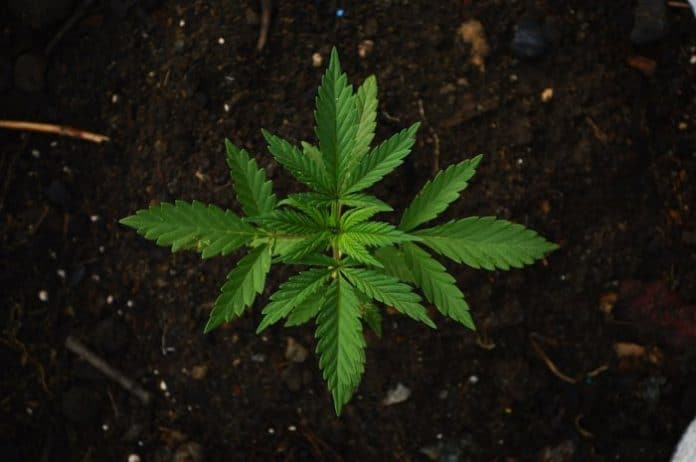The US Food and Drug Administration (FDA) is requesting feedback on availability for medical use of cannabis and derivatives of the plant, which are to be passed on to the World Health Organisation (WHO).
The substances in question are cannabis plant and resin; extracts and tinctures of cannabis, delta-9-tetrahydrocannabinol (THC), stereoisomers of THC, and cannabidiol (CBD).
The FDA is seeking input relating to the abuse potential, actual abuse, medical usefulness, trafficking, and impact of scheduling changes on the above.
Feedback can be provided before April 23 – further details regarding submissions can be found here. Submissions will be considered by the U.S. Department of Health & Human Services when it prepares a scientific and medical evaluation of the substances when it responds to the related WHO Questionnaire.
WHO’s 40th Expert Committee on Drug Dependence (ECDD) will meet in Geneva from 4 to 8 June 2018 and there will be a special session to review cannabis and cannabis-related substances. WHO will will make recommendations to the UN Secretary-General on the need for and level of international control of these substances.
Last year, the FDA made a similar call for feedback regarding cannabidiol specifically, also at the request of WHO. In December, the ECDD’s initial findings based on some of that feedback stated current evidence does not justify the scheduling of cannabidiol. It recommended that extracts or preparations containing almost exclusively CBD be subject to critical review at the 40th ECDD meeting in June.
Even if the ECDD recommends de-scheduling or scheduling not be applied, depending on the substance in question, it’s not a slam-dunk that member countries will immediately follow suit; however it will lend more weight to the case for increasing access and descheduling in various countries.
On a related note, one of the great medical cannabis myths is that the UN Single Convention on Narcotic Drugs of 1961 bans marijuana in all it forms. What is actually says is, “the use of cannabis for other than medical and scientific purposes must be discontinued.” However, the Single Convention places the same restrictions on cannabis cultivation that it does on that related to opium.


